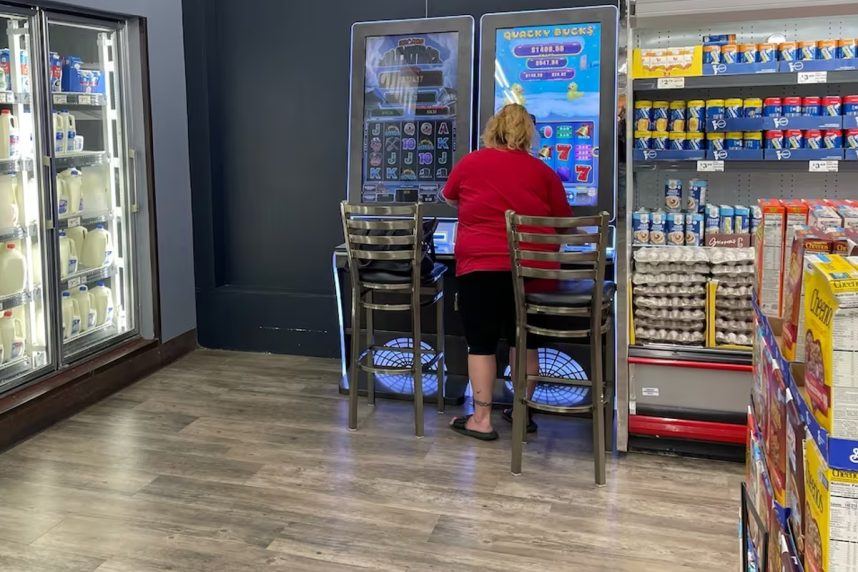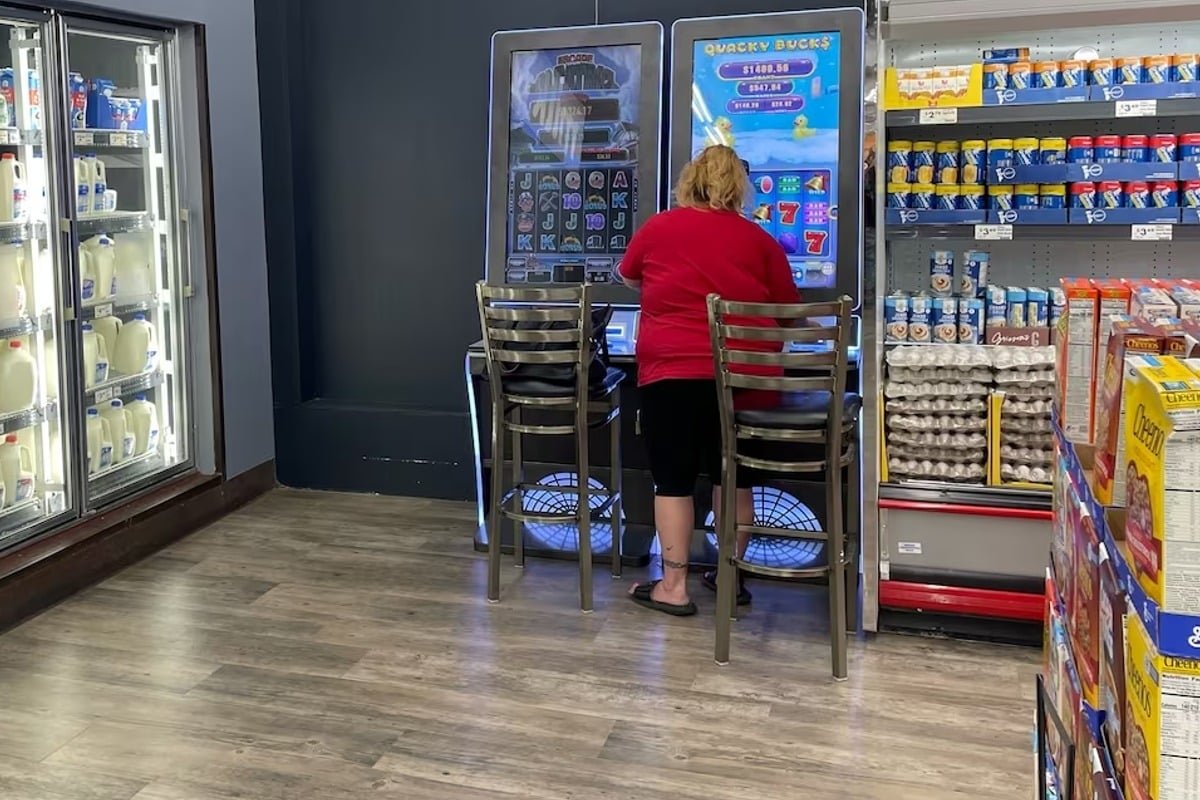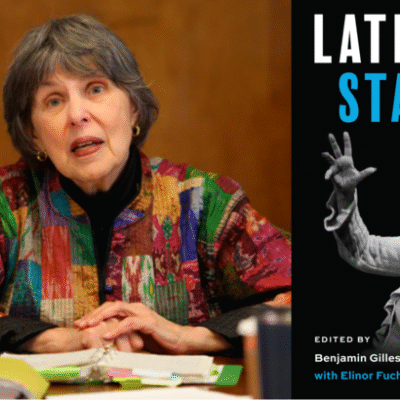Posted on: March 8, 2024, 11:41h.
Last updated on: March 8, 2024, 12:03h.
Missouri House Minority Leader Crystal Quade (D-Greene) is seeking the state’s highest government office. Before she potentially departs the state House for the Governor’s Mansion, Quade wants to settle the ongoing controversy surrounding skill gaming.

Skill gaming machines are slot-like devices that allow Missourians to win money. The grey-market gaming apparatuses can be found across the state in convenience stores, restaurants and bars, gas stations, and retail spaces dedicated to the games.
Quade believes Missouri should regulate the machines for fair play and reap the tax benefit of allowing the devices to operate. Many small businesses say the games provided critical revenue amid the pandemic and have since helped offset inflation.
I have been contacted for quite some time by constituents all across the state about these slot machines. No matter where you go, whether it’s a gas station or walking through your neighborhood, they are everywhere,” Quade explained of her motion to legalize.
“It’s quite a problem. Unfortunately, nobody is doing anything about them. Unregulated slot machines are not going away, and it’s past time for the legislature to act,” Quade added.
Skill Gaming Bill
Quade’s House Bill 2835 would limit where and how skill games can operate.
Along with requiring the machines to be programmed for fair play to protect consumers with a minimum payout rate of 85%, the legislation would limit an establishment to a maximum of five terminals. The skill games would be required to be in an area inaccessible to children and anyone under the age of 21.
Quade has proposed taxing each machine’s gross revenue at a rate of 33%. The tax money would be deposited to the Missouri Lottery Fund and used primarily for public education purposes and public safety initiatives.
The bill additionally seeks to charge device manufacturers a $25K annual fee and host businesses $1,000 per year to house up to five devices. Quade supports allowing local governments to ban the games in their jurisdictions.
I believe the local level should be able to decide what their communities look like and my bill would absolutely not get in the way of that,” Quade explained.
Quade is an underdog to succeed Gov. Mike Parsons (R), the term-limited governor whose eight years in office ends in January 2025. Quade will first need to win her party’s gubernatorial primary on August 6 in a field that includes three other Democrats.
She would then need to prevail in the general election against GOP front-runner Jay Ashcroft, who is currently the secretary of state. Missouri hasn’t had a Democratic governor since Jay Nixon’s two terms ended in January 2017.
Show Me State
In Missouri, skill games are often called “no-chance” gaming machines because the result of the next play is already shown before the spin. Players keep betting until they come across a winning preview.
Branded “Play & Win,” many of the Missouri skill games are manufactured by Torch Electronics. Torch sued Springfield last year after the city motioned to ban the games inside the city’s limits.
Torch attorneys contend the matter should be determined on the state level, not a bespoke approach from town to town. The lawsuit was filed late last month and seeks a judge to issue an injunction that would prevent Springfield from seizing its no-chance games or penalizing its host businesses with fines.





